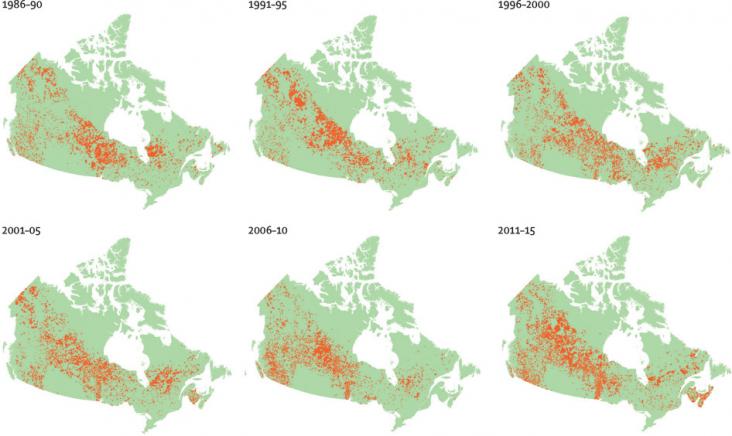
This is an article on the impact of residential exposure to wildfires and the incidence of various cancers, in the context of SDGs 3, 13, and 15, focusing on the need to develop exposure metrics to better estimate the chronic population health burden attributable to environmental pollutants emitted during wildfires.

ISO14001, an internationally accepted standard that defines the requirements for establishing, implementing and operating an environmental management system (EMS), was updated in 2015 to have a greater focus on leadership, the context in which a company operates, as well as how the company will demonstrate legal compliance. This article is related to SDG #13, Climate Action, and SDG #16, Peace, Justice and Strong Institutions, as it demonstrates the important influence of a strong rule of law on managing the environmental impact of business.
This book chapter advances SDGs 13, 7, and 11 by explaining how to promote the transition toward future cities models based on efficient resource consumption and effective implementation of neutral circular economy urban strategies.
This book chapter advances SDGs 13, 7, and 11 by presenting a set of parameters, operational strategies, and guidelines for a Net-Zero Energy City.
Elsevier,
Miguel Amado, Francesca Poggi, Chapter 1 - Cities Evolution, Editor(s): Miguel Amado, Francesca Poggi, Sustainable Energy Transition for Cities, Elsevier, 2022, Pages 1-17, ISBN 9780128242773, https://doi.org/10.1016/B978-0-12-824277-3.00002-5.
This chapter advances UN SDG goals 11, 13, and 7 by discussing the Smart City potential for contributing to the reduction of external dependence on fossil fuels and the promotion of renewable energy sources and the mitigation of environmental impacts and effects of climate change.
Climate policy targets.
An Article in support of SDGs 3 and 13, investigating the effect of climate change on malaria transmission across different geographical regions
With the continuous development of human society, people's over-exploitation of nature leads to frequent environmental problems.
The plastic sector is hard to decarbonize due to the widespread use of fossil energy as raw materials and the complex value chains rooted across global markets. This Review article takes a synthesis of existing literature and discusses potential and challenges in deep decarbonizing the global plastic sector via the aspects of technology and governance.
Milk alternatives are compared from an environmental and nutritional point of view for more sustainable food systems.
